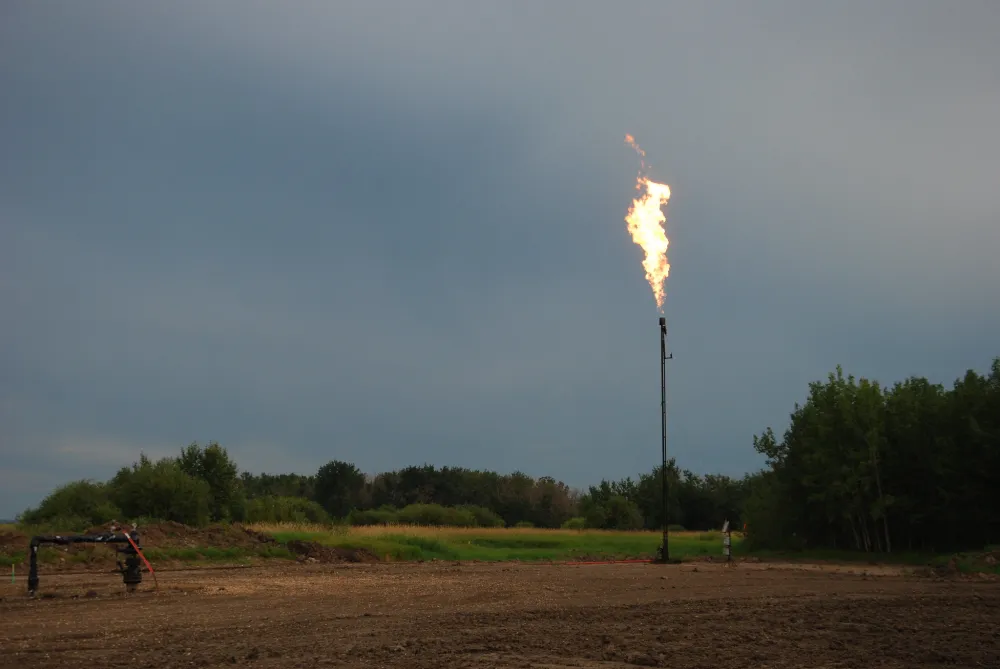OTTAWA — Jan Gorski, senior analyst at the Pembina Institute, with the support of Shareen Yawanarajah, global senior policy manager at the Environmental Defense Fund, made the following statement in response to the Nov. 7, 2020 announcement of equivalency agreements on methane regulations reached between the federal government and the provinces of Alberta and Saskatchewan:
“It’s encouraging to see the commitment to Canada’s methane targets reaffirmed, along with a promise to publicly report on progress toward meeting them. Ensuring that Canada is on track to achieve a 40 to 45 per cent reduction below 2012 methane levels for 2025 is critical as the federal government looks to implement new measures that will exceed its 2030 Paris commitments.
“Recent modelling shows that the current federal and provincial regulations will miss the mark on Canada’s promised methane reduction target of 40 to 45 per cent. We’re glad to see the federal government commit to meeting this target as it proceeds with equivalency agreements. Any adjustments made to the federal regulations to stay on track will impact the equivalency agreements with the provinces.
“We’re also encouraged to hear that the federal government will publicly report on the effectiveness of the current approach in 2021. Knowing there is a gap, it makes sense to wait to report until real data from the first year after implementing these regulations is available to provide a more accurate estimate of the shortfall. We look forward to participating in the review process in 2021 to ensure the federal regulations are strengthened to meet 2025 targets.
“The 2025 methane target is an important milestone as the federal government seeks to exceed its 2030 Paris targets. Beyond 2025, raising ambition on reducing methane emissions in the oil and gas sector remains a cost-effective way to achieve Canada's international commitments. Meeting the 2025 target — and a more ambitious 2030 target — will ensure that Canada continues to lead the way in deploying new technologies and methods for controlling methane emissions, and that Alberta’s oil and gas sector remains competitive as the world decarbonizes.”
[30]
Contact
Michelle Bartleman (English / français)
Communications Lead - Alberta, Pembina Institute
587-588-5744
Background
Primer: Media briefing on Canadian methane regulations - Regulation and provincial equivalency
About the Pembina Institute
The Pembina Institute is a non-profit think-tank that advocates for strong, effective policies to support Canada’s clean energy transition. We have offices in Vancouver, Calgary, Edmonton, Ottawa and Toronto. Learn more: www.pembina.org




